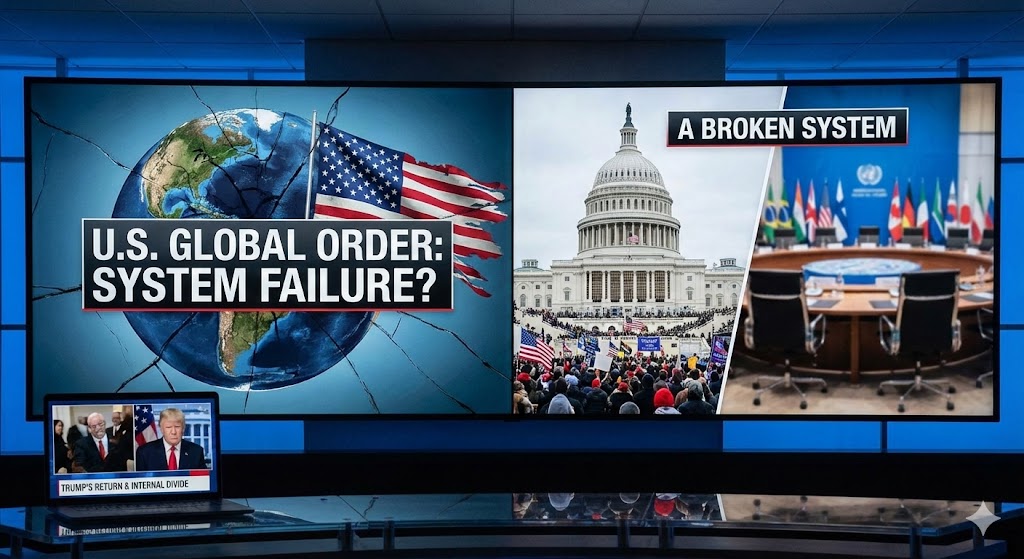Introduction
The Middle East, particularly the Gaza Strip, has long been a focal point of international politics, invoking strong emotions and divided opinions. Recently, a symbolic gesture related to Gaza in Australia’s Parliament has sparked significant controversy, leading to a political rift and igniting passionate debates. This article explores the incident, its implications, and the broader context within Australian and international politics.
The Incident
In early 2024, a group of Australian parliamentarians staged a symbolic protest in the Parliament, which they termed as a gesture of solidarity with the Palestinian people in Gaza. This action involved wearing Palestinian keffiyehs and displaying placards with messages calling for an end to the blockade on Gaza and expressing support for Palestinian rights.
The protest was initiated by members of the Australian Greens and several independents, who argued that Australia needed to take a firmer stance on the humanitarian crisis in Gaza. They criticized the government’s perceived inaction and called for a more proactive approach to advocating for Palestinian rights on the international stage.
Reactions and Fallout
Government’s Response
The protest was met with swift and sharp reactions from the Australian government. Prime Minister Anthony Albanese and members of the ruling Labor Party condemned the protest, labeling it a “stunt” that was inappropriate for the parliamentary setting. They argued that such actions undermined the decorum of the Parliament and were not conducive to constructive dialogue on international issues.
Foreign Minister Penny Wong emphasized that Australia’s foreign policy on the Israel-Palestine conflict remained balanced, advocating for a two-state solution and calling for both parties to engage in peaceful negotiations. Wong criticized the protestors for oversimplifying a complex issue and for potentially inflaming tensions.
Opposition’s Stance
The opposition, led by the Liberal Party, largely echoed the government’s sentiment. Opposition leader Peter Dutton described the protest as a “cheap publicity stunt” and accused the participants of using the Parliament for personal political gain rather than focusing on Australia’s interests. He stressed that while humanitarian concerns were valid, the Parliament was not the place for such demonstrations.
However, there were dissenting voices within the opposition as well. A few Liberal members expressed a more nuanced view, acknowledging the need for Australia to address human rights concerns globally, including in Gaza, but criticized the method of protest rather than its intent.
Public and Media Reactions
The incident also polarized public opinion and media coverage. Mainstream media outlets were divided, with some supporting the government’s stance on maintaining parliamentary decorum, while others lauded the protestors for bringing attention to a critical humanitarian issue.
Public opinion mirrored this division. Some Australians felt that the protest was a necessary wake-up call to the government to address human rights abuses, while others believed it was an inappropriate use of parliamentary proceedings and detracted from more pressing domestic issues.
Broader Context
Australia’s Foreign Policy on Israel-Palestine
Australia’s foreign policy regarding the Israel-Palestine conflict has historically aimed to balance relations with both Israel and the Palestinian territories. Successive Australian governments have supported a two-state solution and called for direct negotiations between the parties involved.
The country’s stance has often been influenced by its strategic alliances, particularly with the United States, a key ally of Israel. However, there has also been a growing advocacy within Australia, both among the public and in political circles, for a more robust condemnation of human rights violations in the occupied territories.
International Implications
The protest in the Australian Parliament is not an isolated incident but part of a broader global trend where legislative bodies and political figures increasingly engage in symbolic actions to express solidarity with various causes. Such gestures, while sometimes criticized as performative, can have significant symbolic value and draw international attention to specific issues.
In the context of the Israel-Palestine conflict, similar protests and gestures have been seen in other countries, highlighting a growing international solidarity movement with the Palestinian cause. These actions often spark debates about the appropriate venues and methods for political expression and the role of parliaments in addressing international human rights issues.
Conclusion
The Gaza ‘stunt’ in Australia’s Parliament has exposed deep divisions within the country’s political landscape, reflecting broader global debates about the role of symbolic gestures in political discourse. While the protest has been criticized for its method, it has undeniably succeeded in bringing attention to the humanitarian crisis in Gaza and sparked a necessary debate on Australia’s foreign policy and its role in advocating for human rights.
As the situation continues to unfold, it remains to be seen how this incident will influence Australia’s approach to the Israel-Palestine conflict and whether it will lead to more substantive policy changes. In the meantime, the protest serves as a reminder of the power of symbolic actions in highlighting important issues and the complexities involved in balancing domestic and international political considerations.










